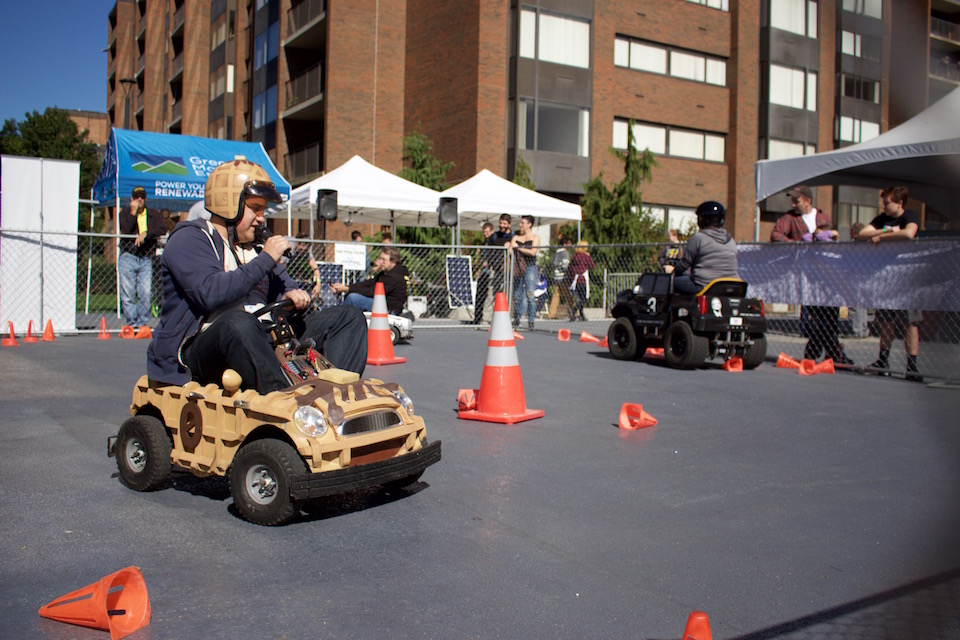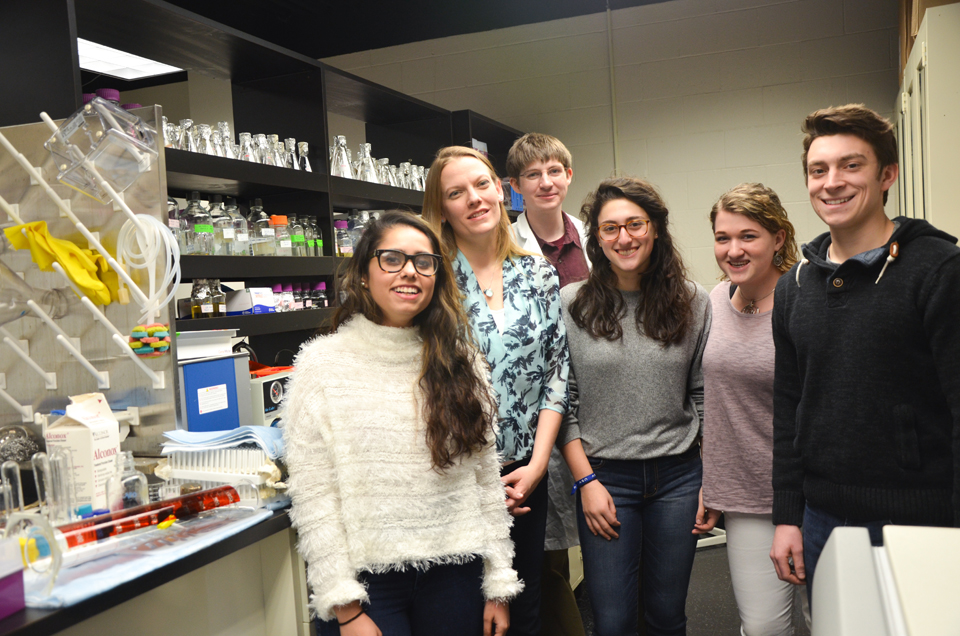

Two Duquesne students sit down for coffee at Starbucks. A new study shows that drinking coffee late at night can alter the way the body keeps track of time.
By Kayla Casavant | The Duquesne Duke
A late night cup of coffee can confuse your body’s ability to tell time, according to a recent study from the University of Colorado, Boulder.
Kenneth Wright, a professor of Integrative Physiology at UC-Boulder, tested the effects of caffeine on the body’s ability to produce melatonin, the hormone that causes sleepiness.
He found that consuming coffee delays production of melatonin for at least two hours and tells the body to sleep in the next morning beyond it’s usual time.
For many Duquesne students, this is a familiar effect.
April Ngo, a sophomore, integrated marketing communications and music major, said she occasionally drinks coffee late at night.
“I try not to,” Ngo said,“but sometimes I have to stay up and study.”
Ngo said that when she tries to sleep after drinking coffee at night, she feels “jittery” and called late-night caffeine “a vicious cycle.”
“You wake up the next day and you can’t focus on anything because you’re exhausted,” Ngo said. “Then you drink more coffee.”
In the study, Wright found that confusing the body’s inner sense of time, called the “circadian rhythm,” can have adverse effects on the brain, the liver, fat cells and muscles.
Wright explained that previously, nobody had really tested this question.”
Jill Power, a junior multiplatform journalism major, said she had to cut back on her late night coffee consumption because it was having poor effects on her physical health.
“I am less anxious and I sleep better [now],” Power said.
Freshman Vincente Zamarria, of Pittsburgh, said he often drinks coffee at night in order to stay alert when doing homework or studying.
“It usually results in me staying up way too late” Zamarria said.
Zamarria added that he often finds himself too tired to focus on the quiz for which he stayed up studying.




